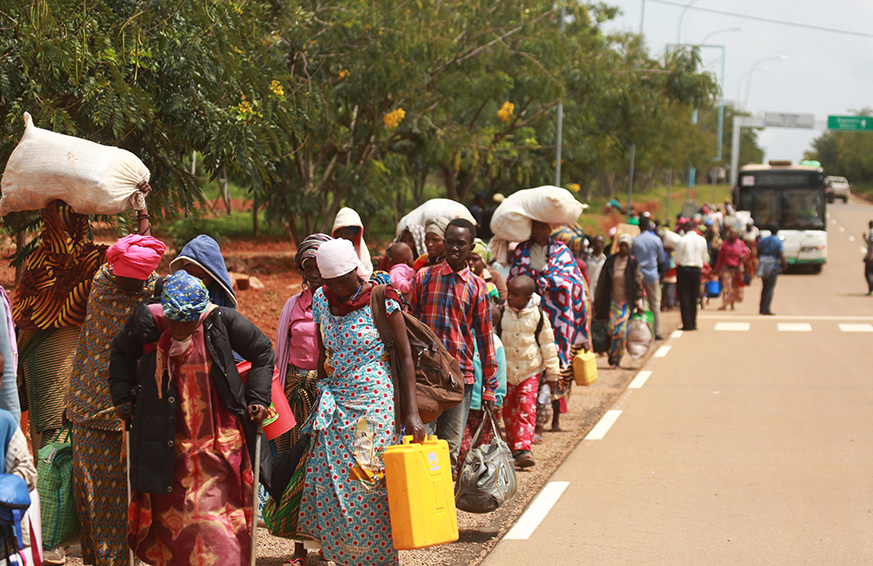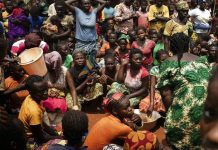Author: EDWARD QORRO
AfricaPress-Tanzania: AT least 7,000 Burundian refugees have registered for their voluntary return to their country from Tanzania.
Speaking here yesterday, Home Affairs Minister George Simbachawene said the refugee’s batch had expressed their wish to be repatriated back to the country following peaceful elections that ushered in President Évariste Ndayishimiye in May this year.
“This just goes to show that being a refugee is nothing but a temporary status,” explained Mr Simbachawene at a National Consultative Forum on Refugees, which also paved the way for the preparation of a special publication, which illustrates Tanzania’s 60 year-journey of hosting refugees.
He further reiterated that Tanzania will continue to comply with all international ratifications including the 1951 Refugee Convention which relates to refugee status and its 1967 Protocol and the 1969 OAU Convention Governing the Specific Aspects of Refugee Problems in Africa.
This also includes the Refugees Act, 1998 which replaced older laws and sought to conform to the country’s obligations pursuant to the signing of the OAU Convention, according to the Minister.
“Much as we’ll be complying with the international provisions, we wouldn’t relent in our quest of urging refuges to return to their countries of origin after they’ve stabilized politically,” said Mr Simbachawene.
According to the Minister, Tanzania has traditionally been very welcoming to refugees, as attested by Nansen Medal Award which bestowed on Mwalimu Julius Kambarage Nyerere in 1983. The Minister maintained that Tanzania will continue to implement its encampment policy which requires all refugees to live in designated areas.
Earlier on, United Nations High Commissioner for Refugees (UNHCR) Representative to Tanzania Antonio José Canhandula paid the country a special tribute for providing safe harbor to populations that fled their homelands.Mr Canhandula said Tanzania and its leaders have always been at the forefront of regional peace building efforts, allowing thousands of refugees to return home safely.
“In the quest for this emancipation, Tanzania provided asylum not only to liberation movement fighters but to thousands of other civilians, who fled their countries in search of peace and protection,” he added.
In August 2017, the Tripartite Commission which includes Tanzania, Burundi and the UNHCR issued a joint communiqué and agreed to implement a work plan from 7 September to 31 December 2017 entailing the voluntary repatriation plan of Burundian refugees, who wished to return to Burundi.
In a follow up Tripartite Commission Meeting in March 2018, a new work plan was signed. In November 2019, the Tripartite Commission held its 21st meeting and issued another joint communique.
Among the agreements reached in the communique include the return of the refugees to be a voluntary repatriation affair, and for Tanzania to continue to keep its doors open to refugees who meet the relevant criteria of the 1951 Convention, relating to the Status of Refugees together with its 1967 Protocol and the 1969 OAU Convention Governing the Specific Aspects of Refugee Problems in Africa.







